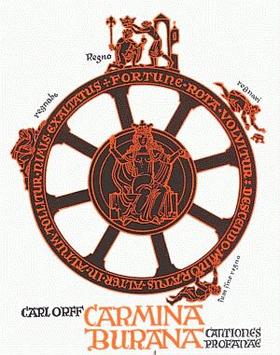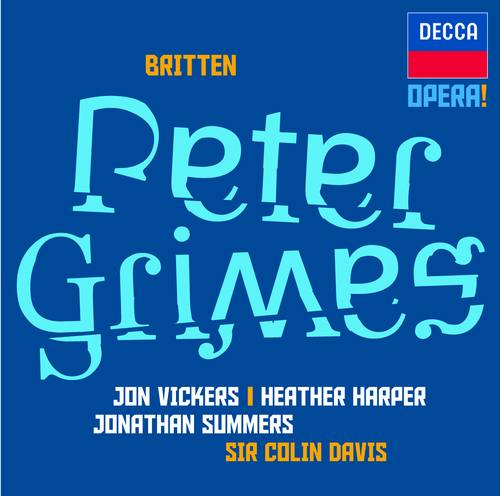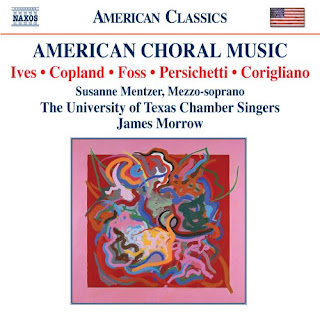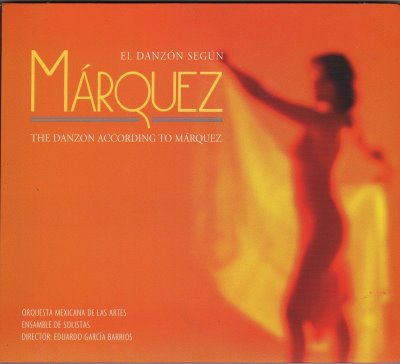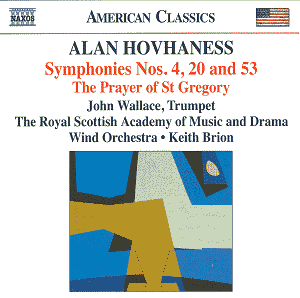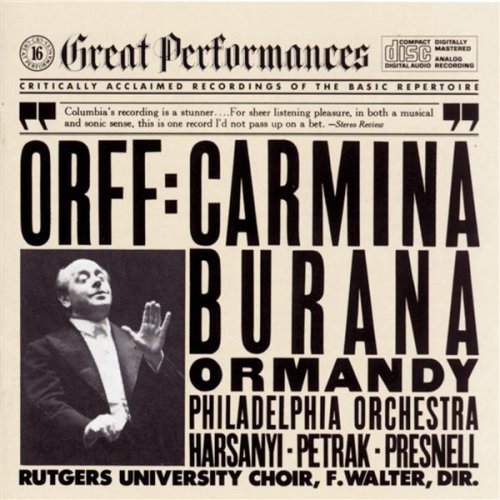
Carl Orff (1895-1982)
Carmina Burana (1936)
Philadelphia Orchestra
Rutgers University Choir
Janice Harsanyi, Rudolf Petrak, Harve Presnell
Eugene Ormandy, conductor
From Wikipedia:
Carmina Burana is a scenic cantata composed by Carl Orff in 1935 and 1936. It is based on 24 of the poems found in the medieval collection
Carmina Burana. Its full Latin title is
Carmina Burana: Cantiones profanæ cantoribus et choris cantandæ comitantibus instrumentis atque imaginibus magicis ("Songs of Beuern: Secular songs for singers and choruses to be sung together with instruments and magic images.") Carmina Burana is part of
Trionfi, the musical triptych that also includes the cantata
Catulli Carmina and
Trionfo di Afrodite.
Orff first encountered the text in John Addington Symond's 1884 publication Wine, Women and Song, which included English translations of 46 poems from the collection. Michel Hofmann, a young law student and Latin and Greek enthusiast, assisted Orff in the selection and organization of 24 of these poems into a libretto, mostly in Latin verse, with a small amount of Middle High German and Old Provençal. The selection covers
a wide range of topics, as familiar in the 13th century as they are in the 21st century: the fickleness of fortune and wealth, the ephemeral nature of life, the joy of the return of Spring, and the pleasures and perils of drinking, gluttony, gambling and lust.
This is a really great work, one of the cornerstones of 20th Century choral music. I'm actually singing this tomorrow, and I have been half-jokingly ragging on Orff's tendency to repeat everything a lot of times and over-simplify harmonically. However, it's obvious that it's the intention of the work to achieve an archaic yet oddly out-of-this-world atmosphere, and he does just that with his mixture of homophonic, almost modal writing, along with Stravinskian orchestration and rhythmic construction. I can't think of another work that I can compare to this, and that is always a good thing. If you don't know this, I suggest you give it a shot, it's always mentioned as a good "introductory" piece to classical music, it's really accessible.
